Seven Aspects of Jesus’s Life that are Historically Certain
When I had struggled with my faith, it was not in the area of science. I believed that science and faith can coexist, and I still do. The God who gave the special revelation of the Bible is also the same God who created the heavens and the earth from no materially existent thing. My struggles were in the area of history. In 1997, I came across a work by a group called the Jesus Seminar (composed of individuals such as John Dominic Crossan, Robert Funk, and Marcus Borg) which claimed that the majority of the words of Jesus as recorded in the Gospels could not be historically verified. I later came to find that the Jesus Seminar had no evidence to support their claims, just their own presuppositions.
However, as I began studying the areas of history, philosophy, and theology, I came to realize that the core details of Jesus of Nazareth’s life can be known with great certainty. One of my professors at Liberty, Gary Habermas, developed what he calls the minimal facts approach. This approach lists out six areas of Jesus’s life that are universally accepted by all historians. He also adds a seventh which holds strong support, albeit less than the other six. So, what are these seven historical aspects of Jesus’s life that can be held with great certainty? They are as follows.
- Jesus died on a Roman cross. It is universally accepted that Jesus of Nazareth died by crucifixion. Even agnostic leaning atheist New Testament scholar Bart Ehrman states that “The crucifixion of Jesus by the Romans is one of the most secure facts we have about his life.”[1] The Romans were efficient killers. They would ensure that the individuals whom they were instructed to kill died. Otherwise, their lives would have been taken in the victim’s place.
- The disciples had experiences that led them to believe that Jesus had risen from the dead. It may surprise you to discover that nearly all historians accept that the disciples had experiences that led them to believe in the resurrection of Jesus. Nearly all scholars agree that something happened on the first Easter Sunday. But what happened is where they differ.
- The disciples were transformed by their experiences to the point that they were willing to die for what they knew to be true. People die for what is false all the time. Many individuals have fallen in a war for nations that did not have noble causes. However, it is far different when the person dies for something they know to be true or false. The early disciples were willing to lay their lives on the line, and the lives of those they loved, for what they knew to be true or false. They literally believed that Jesus had risen from the dead.
- The resurrection message was promoted early in the church’s history. This is one of the points that excites me. I hope to write my dissertation on this very topic. Throughout the New Testament are early creeds that predate the New Testament documents. One of the earliest is 1 Corinthians 15:3-7 which tells of Jesus’s resurrection appearances to the disciples, James, and 500 witnesses at one time. The creedal formulation is extremely early. Bart Ehrman, an agnostic, holds that the material goes back “to the early 30s of the Common Era.”[2] James D. G. Dunn holds that the material dates to “within a year or two of the events themselves.”[3] More likely, the creed dates to the very year of Jesus’s death, burial, and resurrection. This along with Galatians 1:18-19 and the early creeds are among the earliest material in all of the New Testament record.
- Paul of Tarsus, the former opponent of Christianity, became a Christian after encountering the risen Jesus. No one denies that Paul of Tarsus had some experience on the road to Damascus which radically transformed his life. What could have transformed this Pharisee of Pharisee who was either a member of the Sanhedrin or one who was on his way to becoming a member (a position that paid extremely well)? Having an encounter with the risen Jesus would have brought such a transformation.
- James the brother of Jesus, a former skeptic, became a Christian after encountering the risen Jesus. The same holds true for James the brother of Jesus who was not a follower of Jesus until after the resurrection. James disproved of Jesus’s ministry (see Jn. 7:5) perhaps in part because it was expected that the oldest sibling would take over the family business. Jesus didn’t. Instead, he went on a preaching campaign. James probably felt great resentment towards Jesus during Jesus’s earthly ministry. However, his experience with the risen Jesus changed all that.
- The tomb was found empty. While this fact is not held as strongly as the other six, 75% of historical scholars accept that the tomb of Jesus was found empty on the first Easter Sunday. It is also interesting to note that the preaching of the resurrection happened early in Jerusalem. This is compelling because the skeptic would have known where the tomb of Joseph of Arimathea was located. The tomb could easily be checked. Jesus was not there.
More likely than not, as we approach the Easter season, you will encounter shows, books, and booklets that will try to dissuade you from believing that Jesus rose from the dead. The reality is, the best evidence supports not only that Jesus lived and that he died, but that he also rose again from the dead. As James and Paul were transformed by the resurrection of Jesus, so can you! Let us shout in triumph with the angels standing by the empty tomb of Jesus, “He is not here, but has risen” (Lk. 24:6).
Notes
[1] Bart D. Ehrman, Why Was Jesus Killed?, Kindle ed.
[2] Bart D. Ehrman, Did Jesus Exist? This Historical Argument for Jesus of Nazareth (New York: HarperOne, 2012), 141.
[3] James D. G. Dunn, Jesus Remembered, Christianity in the Making, vol. 1 (Grand Rapids; Cambridge, UK: Eerdmans, 2003), 864.
Brian G. Chilton is the founder of BellatorChristi.com and is the host of The Bellator Christi Podcast. He received his Master of Divinity in Theology from Liberty University (with high distinction); his Bachelor of Science in Religious Studies and Philosophy from Gardner-Webb University (with honors); and received certification in Christian Apologetics from Biola University. Brian is currently enrolled in the Ph.D. program in Theology and Apologetics at Liberty University and is a member of the Evangelical Theological Society and the Evangelical Philosophical Society. Brian has been in the ministry for over 15 years and serves as the Senior Pastor of Westfield Baptist Church in northwestern North Carolina.
Original Blog Source: http://bit.ly/2HI5Bte

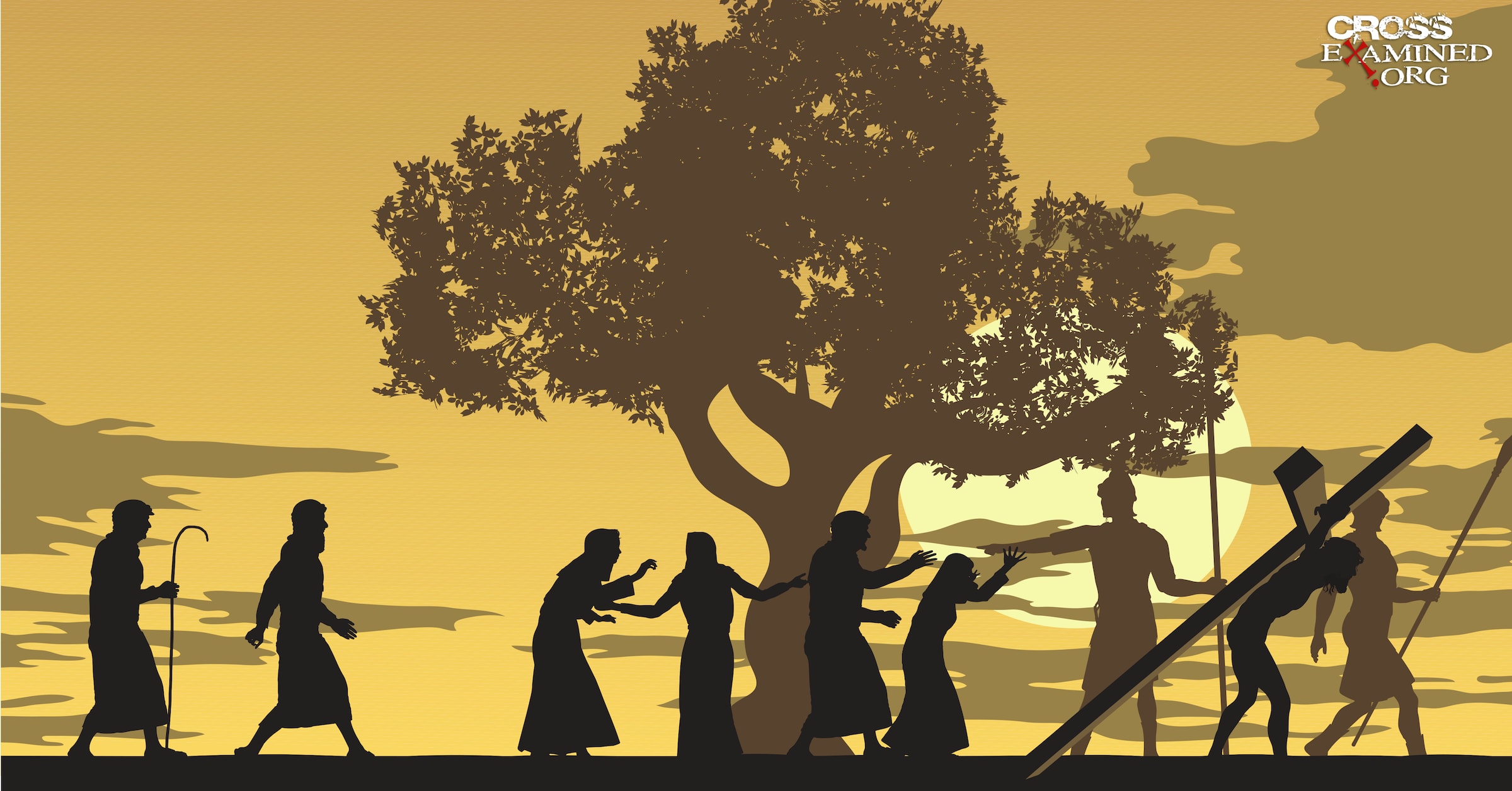

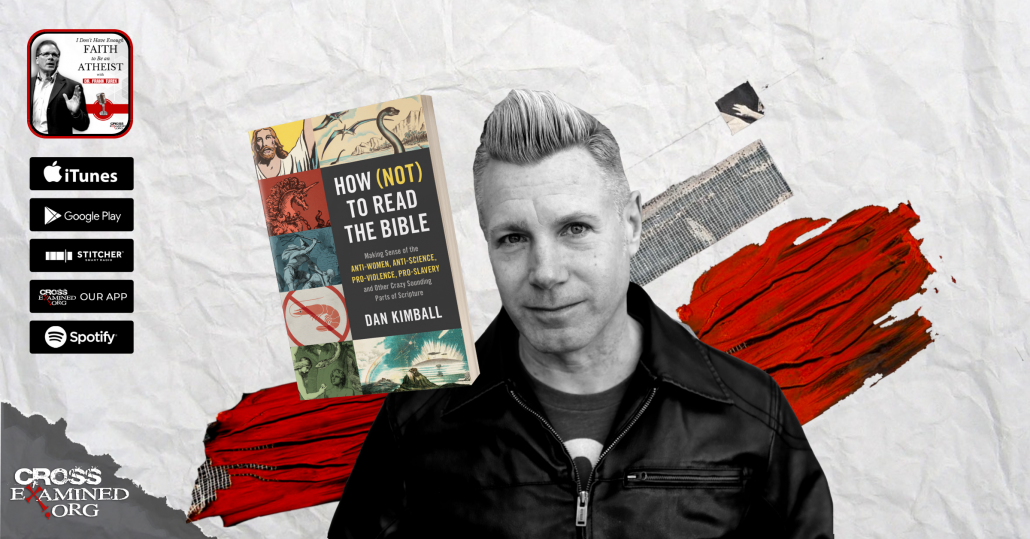




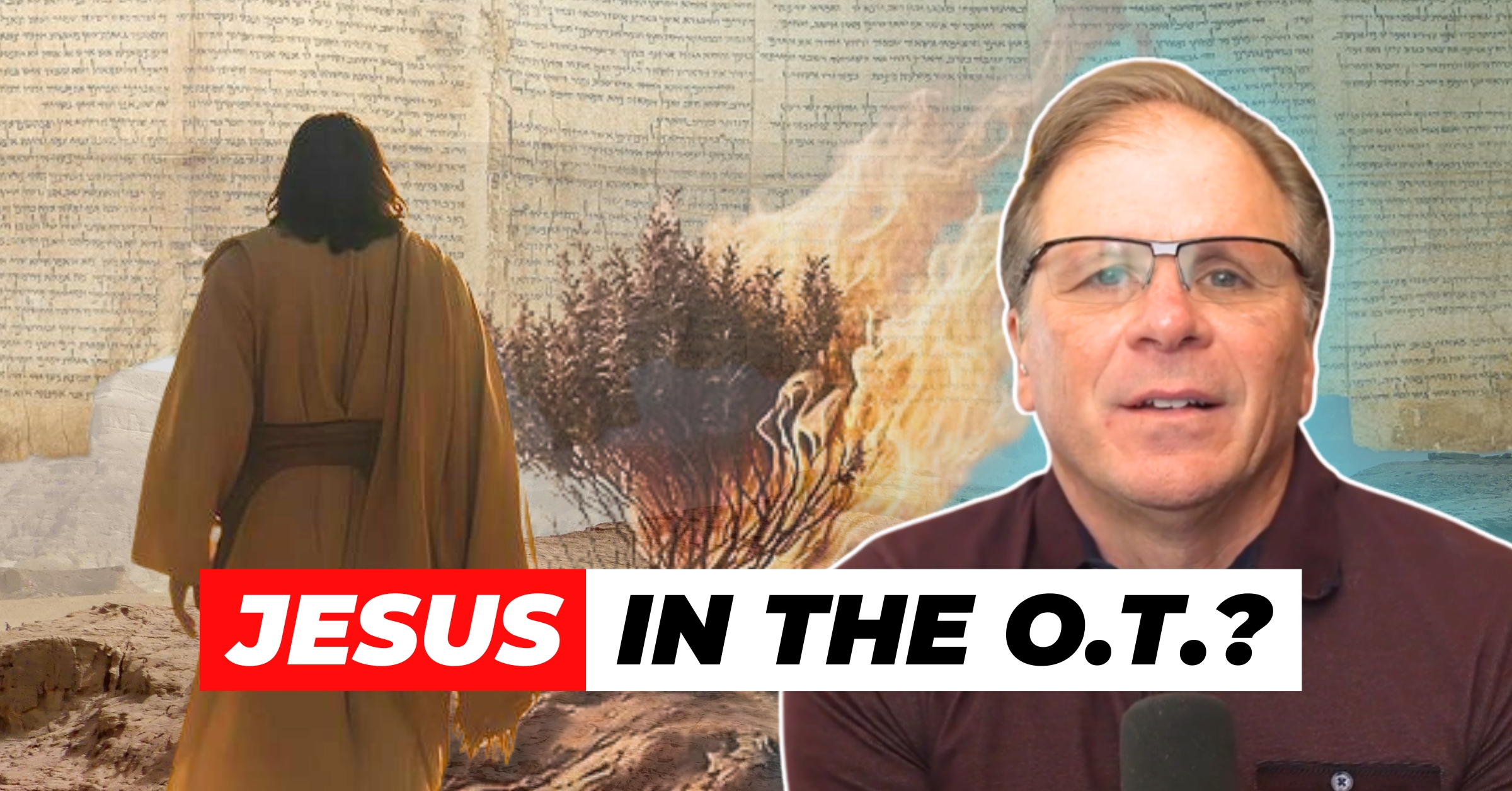

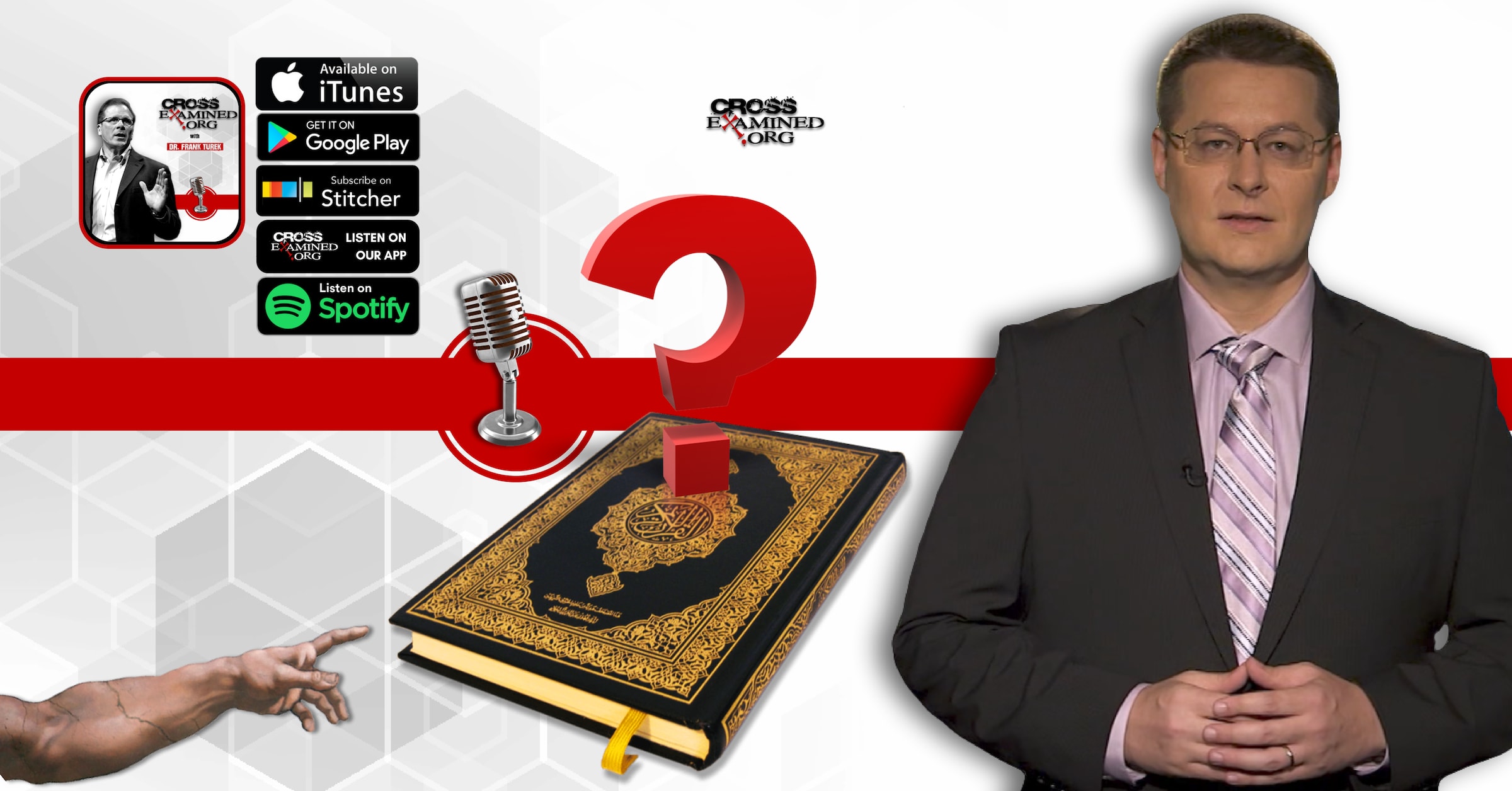
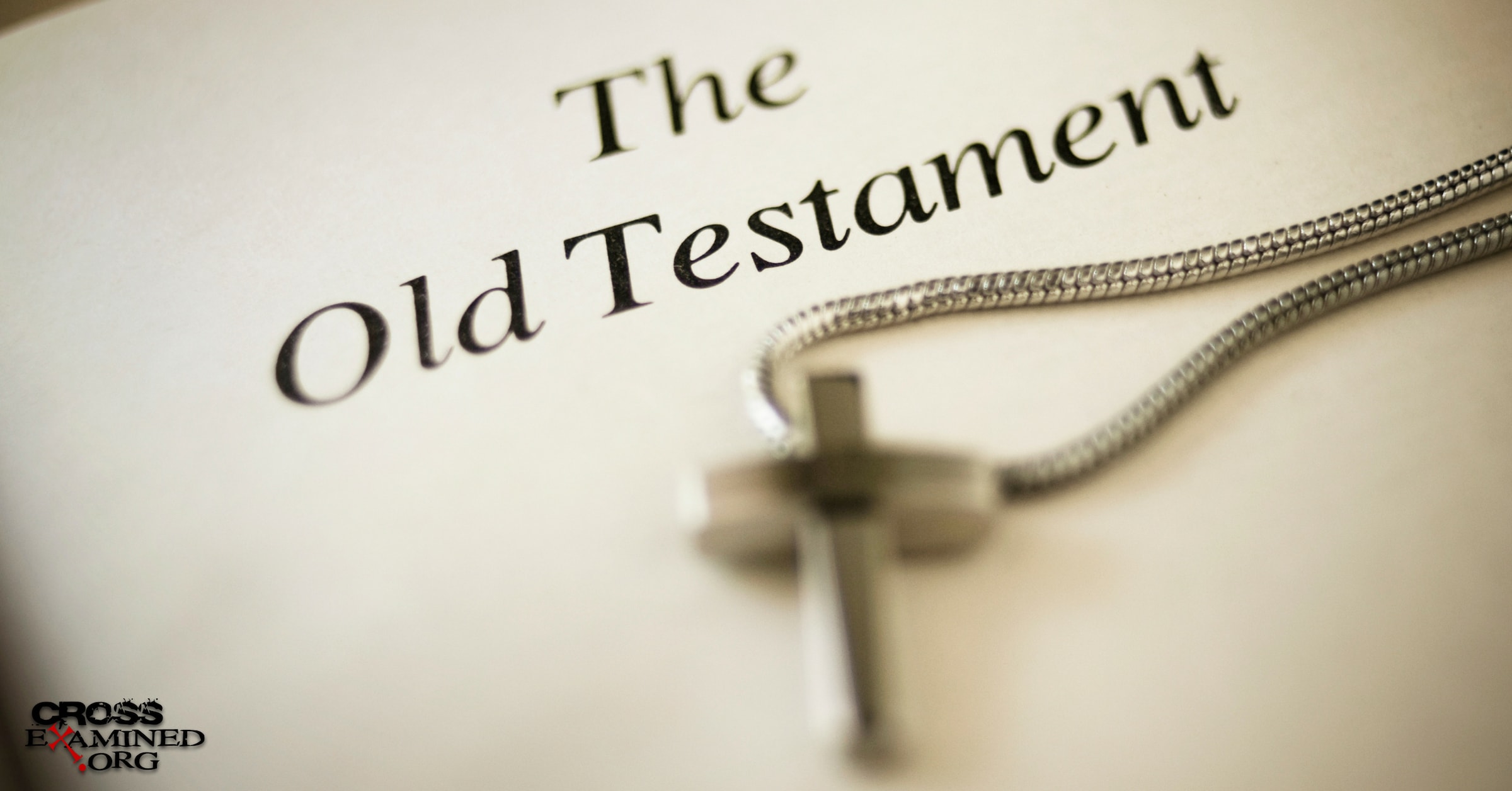
Leave a Reply
Want to join the discussion?Feel free to contribute!